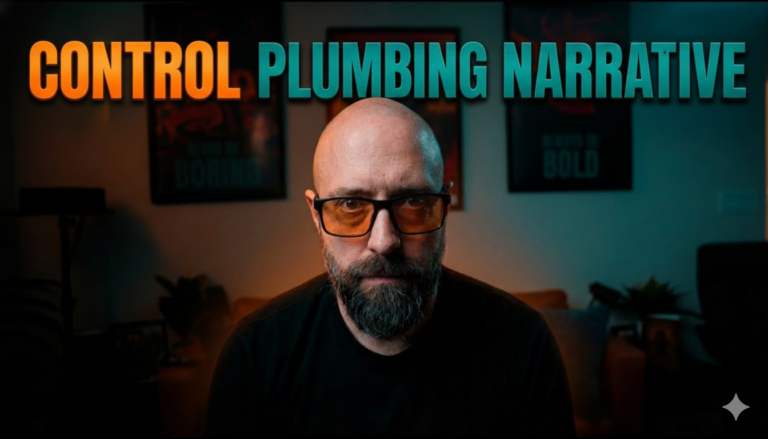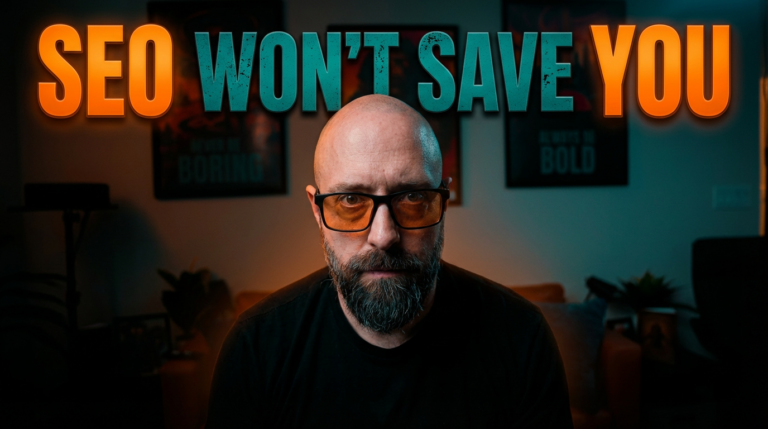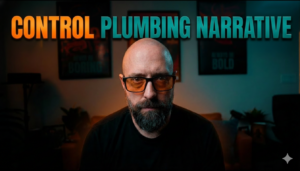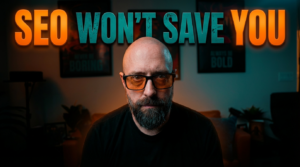At Mammoth Marketing for Plumbers, we work with plumbers across the country who are trying to make sense of digital advertising. One of the questions we hear now and then—often with a hint of skepticism—is:
“Should we advertise on Bing?”
It’s a fair question. Most people immediately think of Google when it comes to search engine advertising. But Bing? Really?
Let’s dive into whether Bing Ads are worth your time, money, and attention as a plumbing business.
Who Actually Uses Bing, and Why It Matters
Before deciding whether Bing Ads are right for your plumbing company, it’s important to understand who’s using Bing in the first place.
Bing is the default search engine on a lot of Windows PCs. So, when someone gets a new computer and doesn’t bother switching their browser or search settings, Bing it is. The demographic here? Usually older, less tech-savvy users who still own homes—and still need a plumber.
And while mobile is king in the world of plumbing searches, Bing still has a small slice of the market there too. It’s not dominant on mobile (thanks to Google paying Apple $20 billion to be the default on iPhones), but some Android devices and Samsung browsers have shipped with Bing as the default in the past.
Bottom line? The people who use Bing might not be power-users, but they’re still real customers with real pipes that need fixing. Ignoring them altogether could mean leaving money on the table—especially in some markets.
Bing’s Smaller Market Share: Problem or Opportunity?
Let’s not sugarcoat it—Bing has a smaller share of the search engine market than Google. But that doesn’t necessarily make it irrelevant.
In highly populated areas, even a small percentage of search volume can still mean thousands of potential leads. In more rural or low-density markets, though, the return might not be worth the effort.
It’s all relative. If you’re in Dallas or Atlanta, Bing might offer a decent supplementary lead stream. If you’re in a tiny town with one blinking stoplight, you might be better off putting your eggs in other baskets.
Are Bing Users Quality Leads for Plumbers?
Here’s something worth considering: just because someone uses Bing doesn’t mean they aren’t a qualified customer. In fact, Bing’s user base tends to skew older—and that means more homeowners, more landlines, and, yes, more plumbing problems.
Sure, some might be on fixed incomes. But if you offer financing or payment plans, that objection can be overcome. These customers still need water heaters replaced, drains unclogged, and pipes repaired. They’re just reaching out in a slightly different way.
And if your brand is strong and your customer service is dialed in? These folks are more likely to call and book because they aren’t hopping between 12 browser tabs comparing every option.
The Bing Ads Auction: Still Competitive
It’s a common misconception that Bing Ads are a cheap and easy win. While costs can be lower due to less competition, Bing still operates on a keyword auction system. That means you’re bidding for top placement just like on Google Ads.
If your plumbing business has great branding and recognition, you might do fine in position two or three. But if you’re still building awareness, you’ll likely need to pay to play at the top of the results. And that top spot still comes with a price tag—sometimes not much cheaper than Google.
And don’t forget: even if you’re in position one, not every click becomes a customer. This is where strong website design, landing pages, and trust signals matter. Otherwise, potential customers bounce faster than a toddler on a sugar rush.
Is It Worth Your Time? That Depends.
Let’s talk bandwidth—for you or your marketing agency.
Managing a new ad platform like Bing takes time. Whether you’re doing it yourself or outsourcing it to an agency like Mammoth, you’re investing resources. And if managing Bing ads means you’re neglecting high-performing platforms like Google Search, Local Service Ads (LSA), or even Facebook, it could hurt more than it helps.
That’s why Mammoth Marketing doesn’t default to Bing Ads. We’ve used them before—for high-budget clients, or those who’ve already maxed out other platforms—but it’s never our first move. We’re big believers in starting with the highest-impact channels first.
That said, Bing can work if you’ve got the time and budget to test it properly.
The Right Way to Test Bing Ads
Our PPC team has a saying:
“There’s no right or wrong—just testing.”
Every market is different. Bing might be a flop in one city and a goldmine in another. You won’t know unless you test it. But—and this is a big BUT—you’ve got to give it time.
Don’t run Bing ads for two weeks and call it quits. A proper test should run for at least 90 days, ideally six months. That gives the algorithm time to learn, and gives you enough data to optimize your campaigns.
Also, set a realistic budget. If you’re only spending $100 a month, the algorithm won’t have enough to work with. Think about what’s sustainable for your business over a 3–6 month period, and commit to that.
When Bing Outperforms Google
Believe it or not, we’ve seen some cases where Bing actually outperformed Google.
These aren’t common, but they do happen. Sometimes, cost per lead is lower. Sometimes, the quality is better. It usually happens in very specific markets, or when Google competition is out of control.
And that’s the point: you won’t know unless you try. Just because everyone yells “Google or bust” doesn’t mean that’s right for your business. There are so many variables—your pricing, your market, your branding, your operations—that can tip the scales either way.
Don’t Overlook Your Operations
One last piece of advice: make sure your operations are tight before running ads—Bing or otherwise.
If no one’s answering the phone, if your site takes 10 seconds to load, or if leads are falling through the cracks… no amount of ad spend is going to fix that. Ads get you attention. It’s your backend that closes the sale.
Whether you’re testing Bing or scaling Google, success comes down to solid systems and responsive customer service.
Final Thoughts: Should You Advertise on Bing?
So—should your plumbing business advertise on Bing?
Maybe. Here’s the quick recap from the Mammoth team:
Bing users exist—and they might be homeowners with plumbing needs
The ad system is similar to Google, but with less traffic
It’s not a beginner-friendly platform, and takes time to manage
Test it only after optimizing Google, LSA, and Facebook
Commit to 3–6 months and track results carefully
Bing isn’t a silver bullet. But for the right market, with the right strategy, it might just be worth your while.
Want Help Deciding If Bing Is Right for Your Business?
If you’re not sure whether Bing, Google, Facebook, or even TikTok ads are right for your plumbing company, we’re here to help.
At Mammoth Marketing for Plumbers, we specialize in growth strategies tailored to the plumbing industry. Our team can take a look at your current marketing, your market, and your goals—and give you honest, data-driven advice.
Schedule a free consultation and let’s figure out where your time and money should really go.
No pressure. No fluff. Just plumbers helping plumbers grow.










